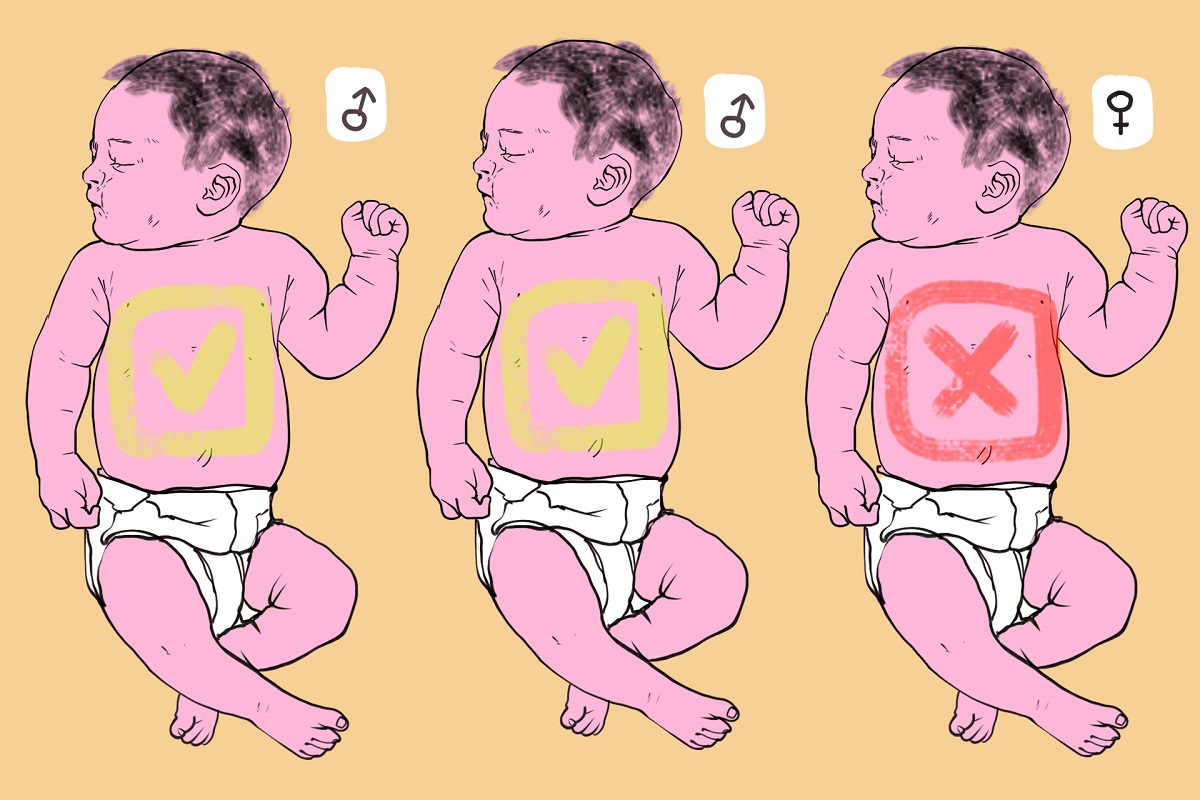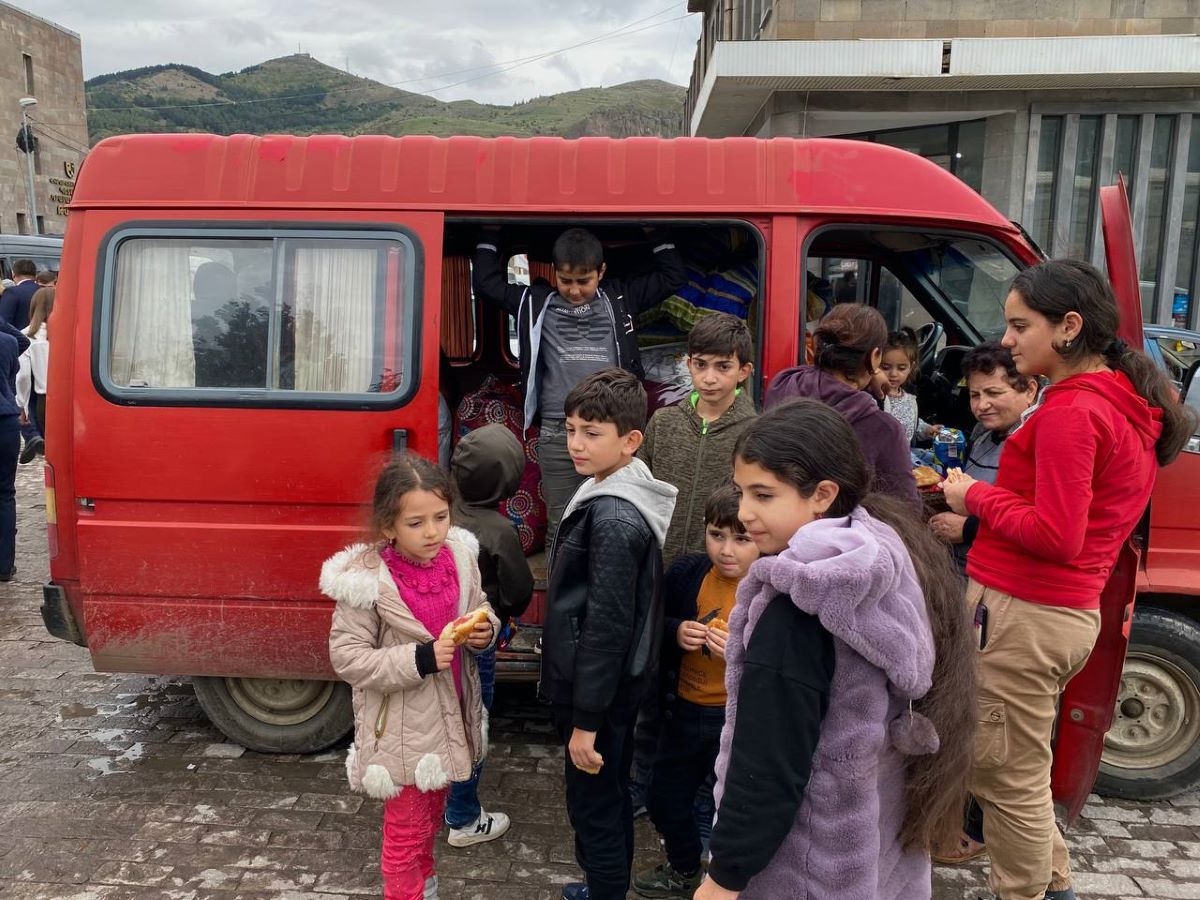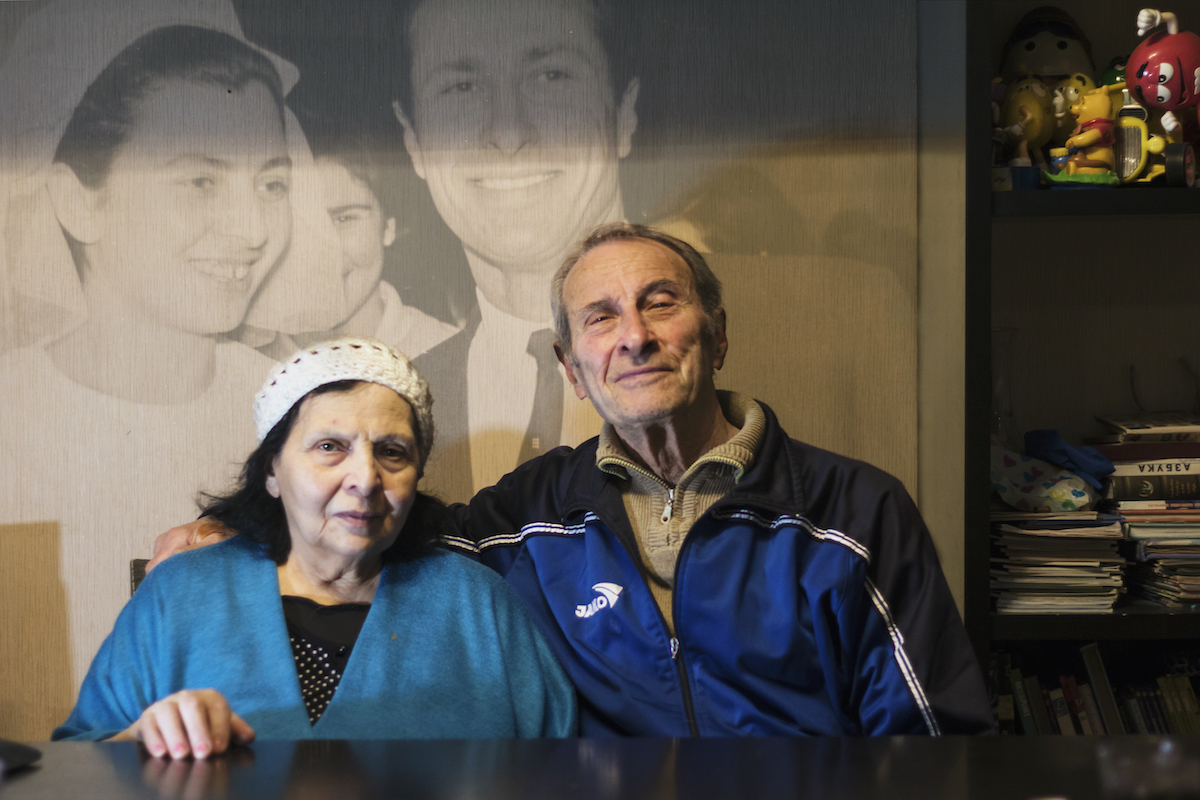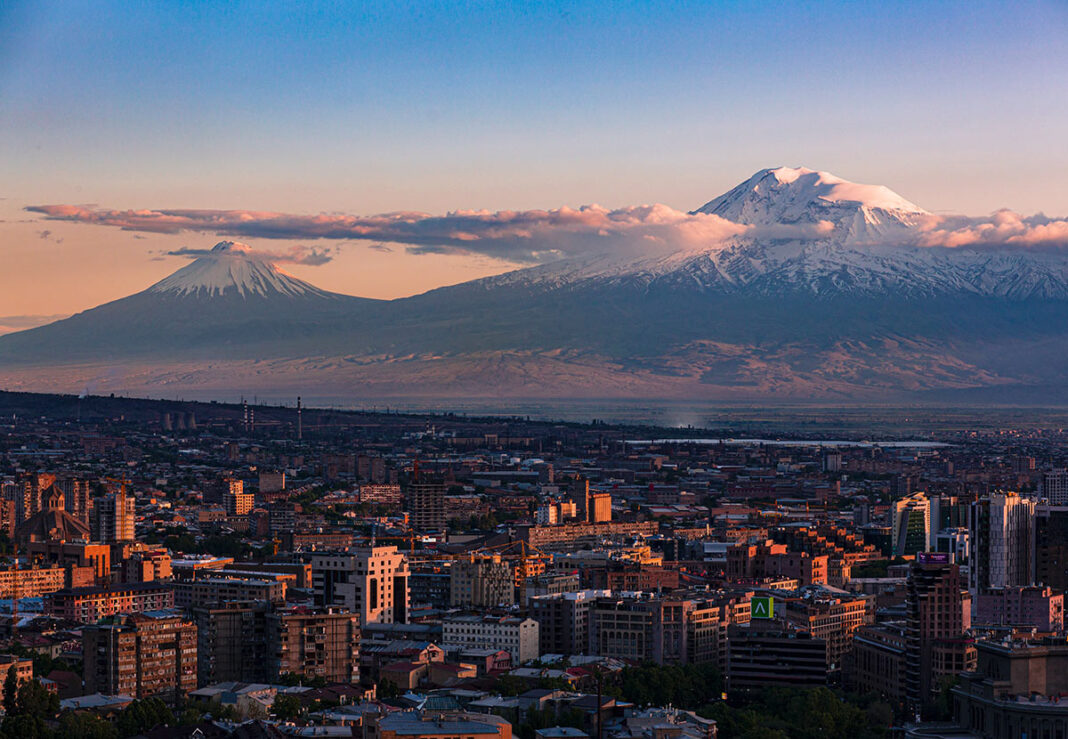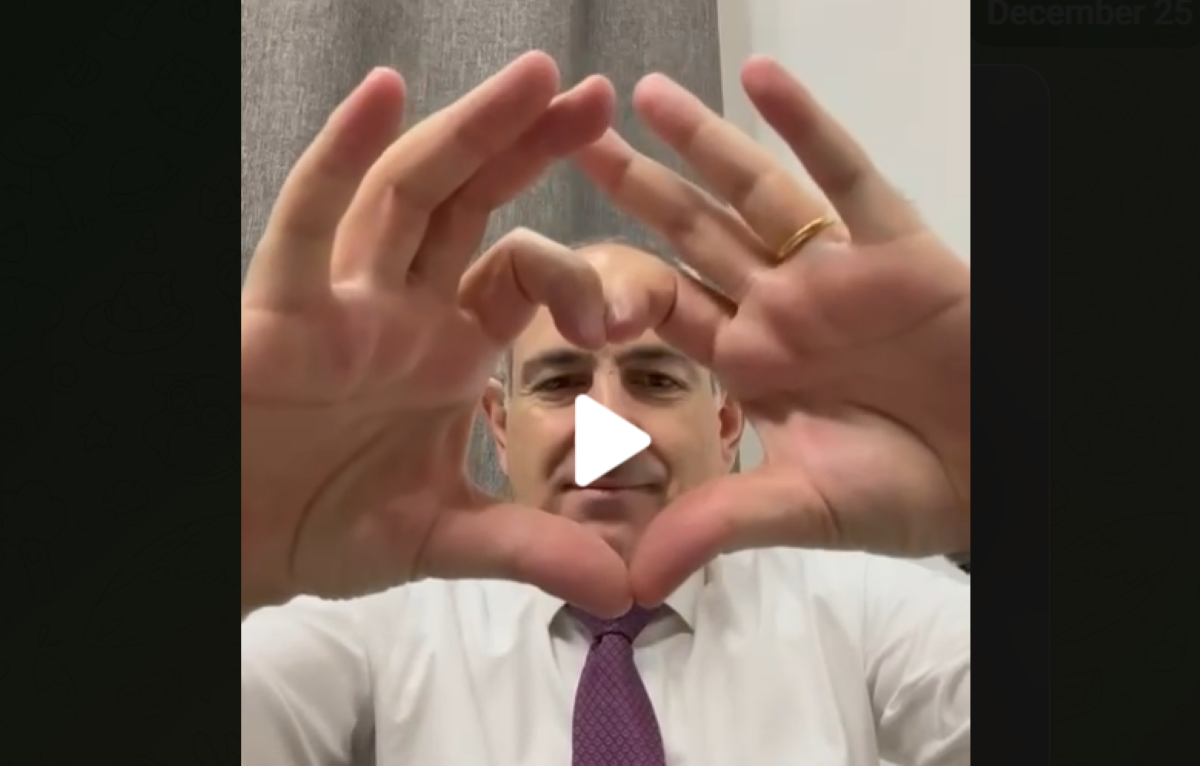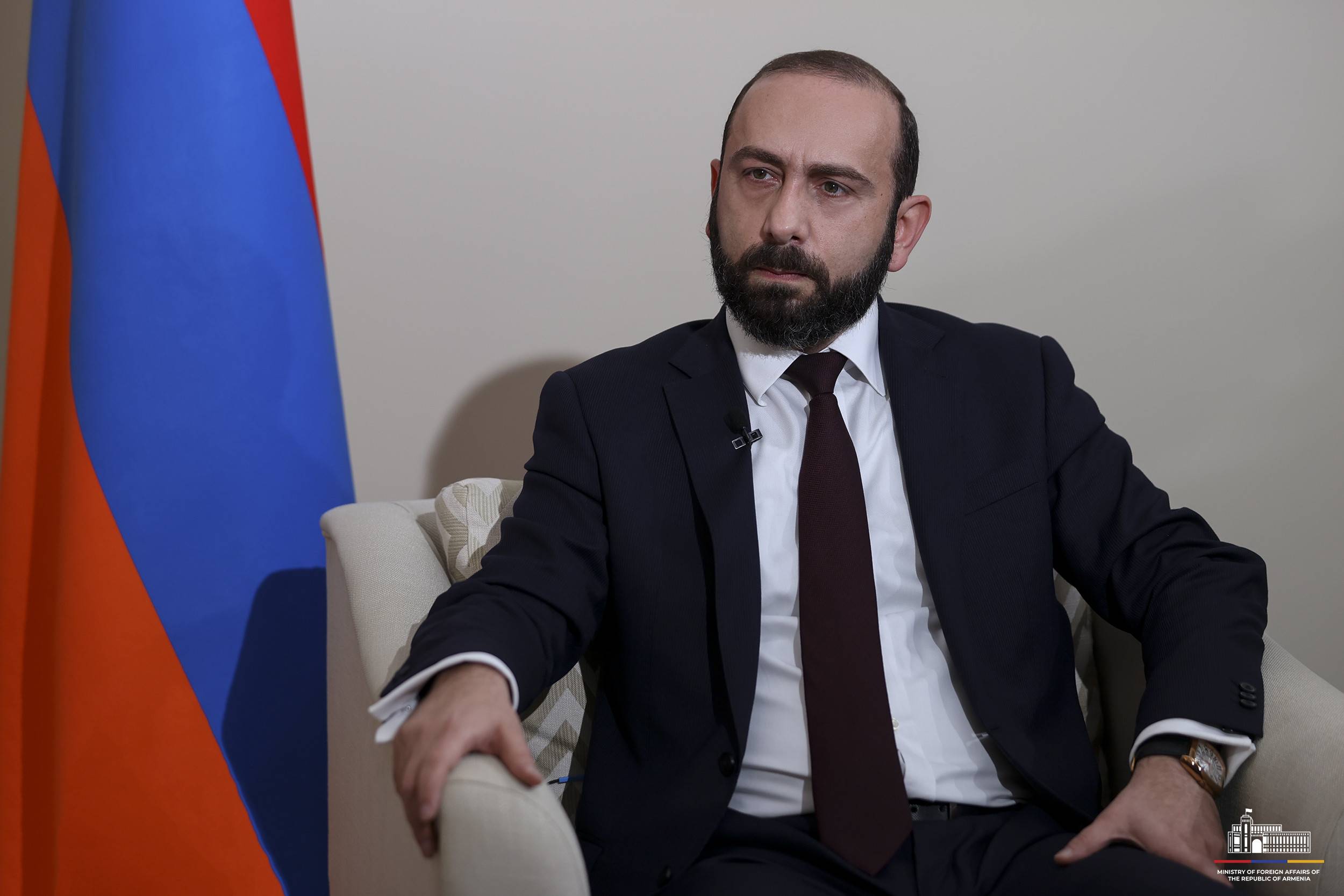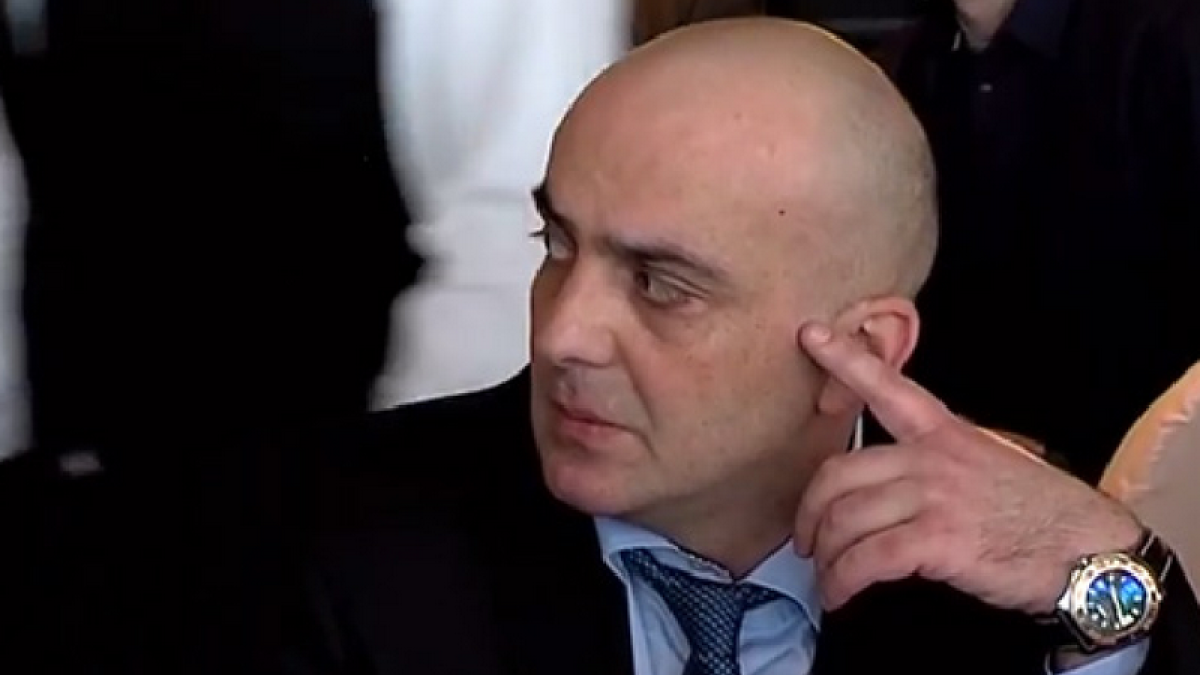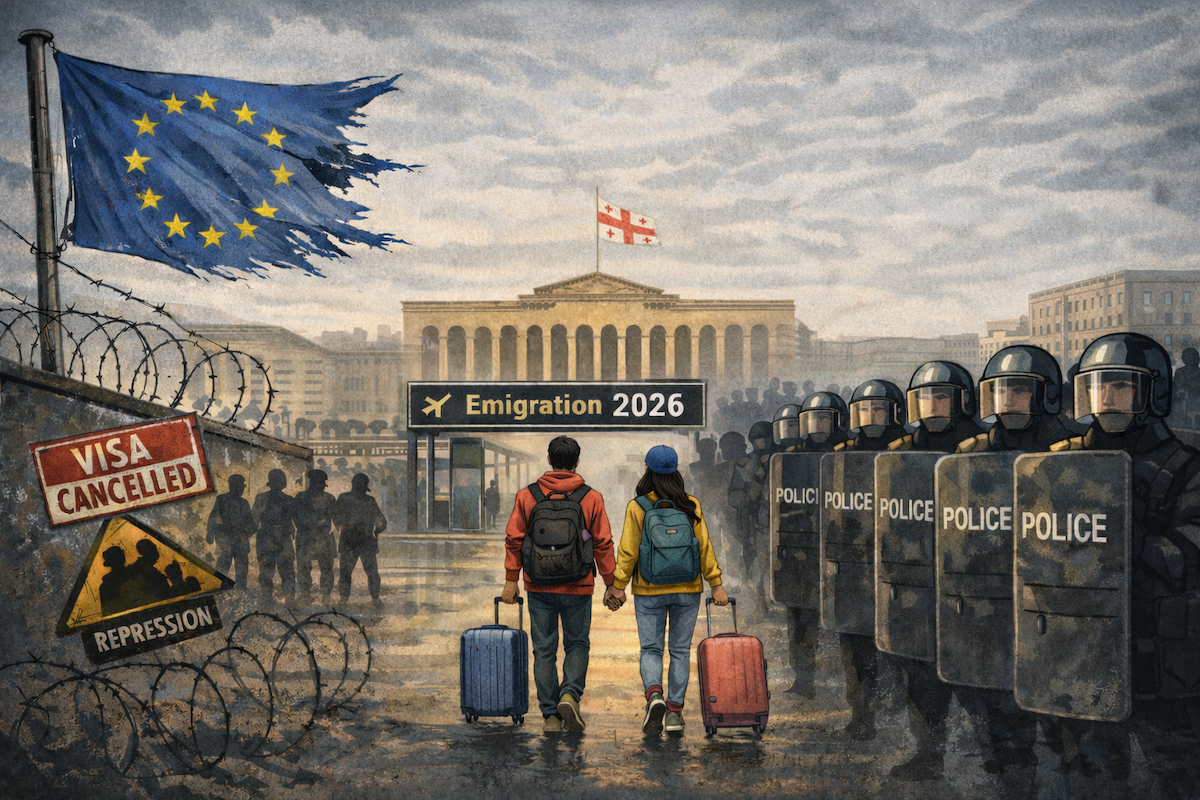'They need me': the story of a father who was left alone to raise two toddlers after his wife's death
The story of a single father
Single fathers in Armenia are not mentioned, they are not noticed, and in fact they are few in number. Few men take custody of their children after the death of their wives or divorce. Even the state bodies do not have statistics on single fathers. It is unknown how many men in Armenia have the status of a single parent.
After divorces, children usually remain under the guardianship of their wives, and in case of the mother’s death, grandmothers are mostly the guardians.
- Birth rate growth in Armenia: Assessments of experts and citizens
- “Let’s call crime a tradition.” Why Georgia has never been able to solve the problem of early marriage
- The last war in Nagorno-Karabakh: One family’s story
“I looked at my children and realized I couldn’t ruin myself”
Shaliko Yorents, 35, is a single father. He has two children and takes care of their upbringing and all household chores. He combs and braids his daughter’s hair and teaches his two-year-old son how to use a knife and fork.
Shaliko did not think for a second whether he could cope, and there was no question of separation from his children. He became a single father on the third day after the birth of his second child. During her pregnancy, his wife Gayane was diagnosed with blood cancer.
Shaliko says her death came as a surprise to him. He was sure that after giving birth, they would continue their fight together and beat the lymphoma.
“When the doctor told me she had died, I couldn’t believe it. I was stunned, heard nothing, felt nothing. I squeezed back tears so the kids wouldn’t see. I didn’t want them to think I was weak. As I looked at the kids, I realized I couldn’t ruin myself, they needed me. It’s not their fault their mother died. I could have gotten angry, become selfish, blamed everyone, demanded that everyone feel sorry for me, help me. But I picked myself up and moved on.
My youngest, who never saw Gayane, calls his grandmother mom, who helps us a lot. But I think that years from now he will ask painful questions,” Shaliko says.
“I didn’t want to lie that she was gone and would be here soon.”
Mila, Shaliko’s daughter, had a hard time with her mother’s death. She is older than her brother and was very attached to her mother.
“In the first days I couldn’t tell her, I couldn’t find words. A few days after the funeral, I gathered my thoughts and told her. When Gayane was still in the hospital, Mila sent flowers to her mom on Viber because she missed her. She sent her flowers even after her mother died. And she was waiting for Gayane to respond.
That’s why I didn’t want to make up myths, to lie to her that my mom had gone somewhere and would come soon. I didn’t want her to be in a constant state of expectation and with every knock on the door to think it was her mother,” he says.
Now, too, the girl misses her mom. Shaliko talks to his daughter for a long time, he wants her to trust him and not be shy to talk to him about her feelings.
“Husband and wife should share the care of the children”
Shaliko has become a role model for many people. They like the single father’s approach to raising children, the fact that he handles all household chores himself. That’s why people follow his Instagram page. He talks about what it’s like to be a single dad and how he spends time with his kids.
Shaliko hopes that more men will see him doing household chores and realize that it’s not shameful:
“Many fathers in Armenia are ashamed to do housework – washing dishes, helping their wives. Moreover, they are ashamed even to show love to their children. They don’t hug them, they don’t kiss them, especially girls. I believe that there is no need to be ashamed of this. Husband and wife are equal parents to their children. They should share in the care of the children.
Who says changing a child’s diaper or taking a walk with them is shameful? Now that I show how I do it myself, I see that people are interested. Many people follow my example, many write to me- I wish all fathers were like that.”
“My dad was in the military, rarely home, and we helped my mom a lot”
According to Shaliko, in the post-Soviet years, especially during the war and post-war period, men spent little time with their families. They had “more important things to do” and left domestic problems and childcare to women. Those times have passed, but men’s attitudes have not changed.
“My father was a military man, he was rarely at home, and we helped my mom a lot. Maybe that’s when I felt how hard it is for a woman without support. Many people come from work, lie down on the sofa, watch TV and tell the child who wants to play with his father not to interfere with rest. And the wife is told to keep the child busy, because he interferes with watching TV. All responsibility for the child’s behavior falls on the woman’s shoulders, which is wrong,” he said.
At the same time, Shaliko notes that many young fathers realize how important it is to spend more time at home and engage in child-rearing.
“Parents, whether it’s the father or the mother, no matter how much they work, both have to take care of the children, raise them. I think actually a lot of people want to help their wives and spend more time with their children, but they don’t do it because of societal pressure.
They think that if they change the baby’s diaper they will be laughed at, and if they refuse to spend time with friends they will be called subservient. People who don’t understand that family should be the priority cannot be good friends,” Shaliko says.
“If the husband works eight hours, the wife works all day”
Shaliko became a father at the age of 28. He says the first months after the birth of his firstborn, Mila, were difficult and he helped his wife, putting the baby to bed and caring for his daughter at night:
“Carried my daughter out of the bedroom at night in her little basket and rocked her all night so my wife would sleep. Watching soccer, it was the World Cup. And I really felt what it was like to be a father. When I wasn’t a dad yet, I heard men complain that they sleep in another room so that the baby’s crying doesn’t disturb them. I never understood how you can leave them and go when they both need you.”
He doesn’t like it when men undervalue the labor of their housewives:
“If the husband works eight hours, the wife works all day and doesn’t rest. That’s a huge burden for one person. If men paid the individual people who do these jobs, they would spend large sums to pay the cook, the cleaner.”
Now Shaliko very rarely allows himself to do what he likes, he himself has limited time for his personal interests and preferences. He wants to spend as much time as possible with his children so that they do not feel the absence of their mother.
Follow us – Twitter | Facebook | Instagram
The story of a single father











